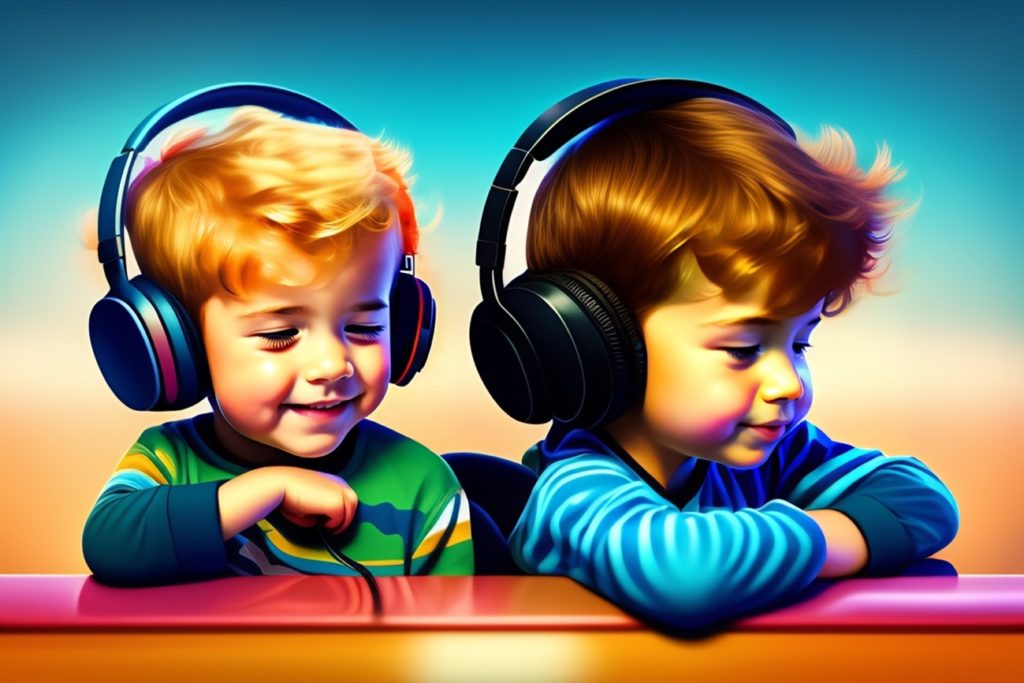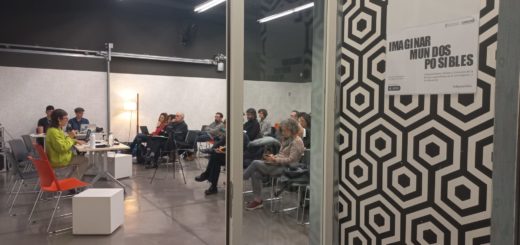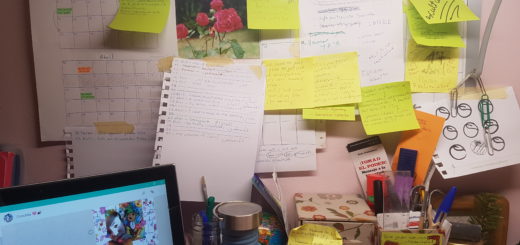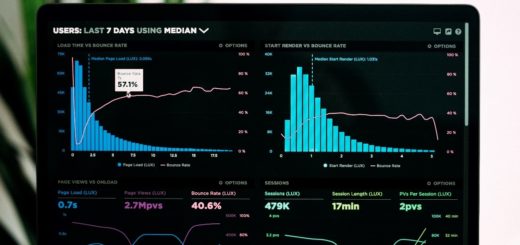Critical Music Education: New Sound Universes for Social Transformation
These spaces are set up for discussion, debate and reflection on different themes that arise from the musical elements of the selected songs themselves, but which can also be approached from different sociological or political perspectives. These dialogic gatherings are characterised by the real incorporation of the students’ musical preferences, something that generates a more open and horizontal conversation, in which all participants can be heard and recognised (Marín-Liébana, 2021). No longer are only the greatest works in the history of music selected by the teacher listened to and analysed, but also those songs that usually populate the eardrums of the students. This, in addition to inspiring students to develop their active listening skills and their capacity for argumentation, contributes to the construction of a more inclusive school environment where certain logics of power inherited from a more classical or conventional vision of music are overturned. Here, C. Tangana shakes hands with Bach, and Rosalía discusses with Beethoven why there are hardly any women creating music in the past.
One of the fundamental objectives of these didactic and research strategies is the construction of knowledge based on the dialogue between the author/performer of the music, his or her time, and the listener and his or her present. Their implementation helps us to better understand purely musical concepts, such as rhythm, melody, harmony, form and texture, but also, through dialogue and reflection on the lyrics of songs, how our societies, our relationships or our conflicts work (Marín-Liébana and Botella, 2018). With this, we open to new sonorities, discover new musical styles, and finally broaden the cultural and civic education of the students.

(Imagen realizada por una inteligencia artificial [Stable Diffusion] a partir del prompt: “Two kids, listening to music, with headphones, cartoon style”)
Both musical dialogic gatherings and the use of students’ musical preferences are fantastic didactic tools that can help us in the development of our teaching to broaden our cultural horizons, raise topics for debate linked to current affairs, learn to respect the opinions of others, learn to argue coherently and convincingly, debate and respect turns of speech, etc. But like any didactic technique or procedure, they are empty of content if we strip them of any theoretical and pedagogical basis. Therefore, we must understand that music education can contribute to the emancipation of the subject and to social transformation through the continuous questioning of the repertoires we use, critical reflection on power relations in the classroom, and debate on the representation of social reality in educational contexts. This implies a leap from a music education that has traditionally emphasised technical mastery or the acquisition of skills (Díaz and Giráldez, 2007), to one that continually asks what music is for our society and how it builds us as citizens. Always with the aim of generating a more cultured, fairer, and freer school.
Referencias
Bieletto-Bueno, N. (2019). Regímenes aurales a través de la escucha musical: ideologías e instituciones en el siglo XXI. El oído Pensante, 7(2). http://revistascientificas.filo.uba.ar/index.php/oidopensante/article/view/7563
Díaz, M. y Giráldez, A. (Coords.) (2007). Aportaciones teóricas y metodológicas a la educación musical: una selección de autores relevantes. Graó.
Marín, P. y Botella, A. M. (2018). El repertorio musical como elemento posibilitador de un enfoque sociocrítico en Educación Primaria. Estudio del currículum impartido en el municipio de Valencia. Revista Electrónica Complutense de Investigación en Educación Musical, 15, 19-37. https://doi.org/10.5209/RECIEM.55936
Marín-Liébana, P. (2021). La incorporación de las preferencias musicales de los estudiantes como aproximación a una educación crítica. Análisis de la realidad curricular y desarrollo didáctico. [Tesis doctoral, Universitat de València]. https://roderic.uv.es/handle/10550/78095

(Imagen realizada por una inteligencia artificial [Stable Diffusion] a partir del prompt: “Two kids, listening to music, with headphones, cartoon style”)
Autor:
Ramón Montes-Rodríguez
Research Group ICUFOP “Research in Curriculum and teacher training”
University of Granada






